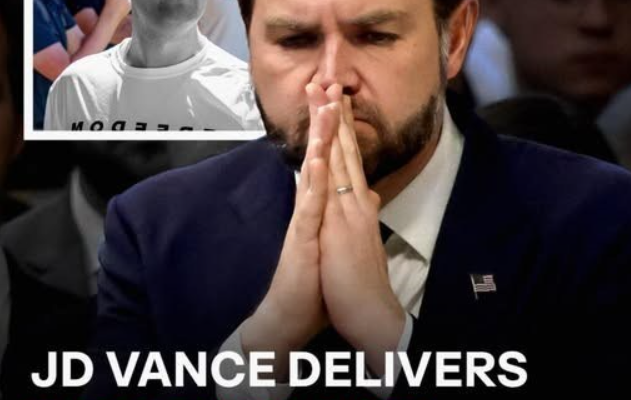
Charlie Kirk Passes Away at 31: What We Know and What It Means
On September 10, 2025, a single gunshot shattered the air at Utah Valley University. Conservative activist Charlie Kirk, 31, was seated beneath a white tent, answering questions from students during the first stop of his “American Comeback Tour.” Moments later, he lay bleeding on the ground, struck in the neck. Within hours, his death was confirmed by President Donald Trump himself. The news rippled across political, cultural, and emotional landscapes—leaving behind not just shock, but a rupture in the narrative of American conservatism.
This is what we know. And this is what it means.
🕯️ The Shooting: A Moment of Tragedy
Kirk was mid-sentence, responding to a question about mass shootings, when the bullet hit. Witnesses described a “fountain of blood” and a crowd of 500 diving for cover. The irony was brutal: Kirk had just been asked about gun violence. The shooter, later identified as 22-year-old Tyler Robinson, was arrested and charged with aggravated murder.
Security at the event was minimal. No bag checks. No metal detectors. For a figure as polarizing as Kirk, that absence now feels like a haunting oversight.
🇺🇸 Who Was Charlie Kirk?
Charlie Kirk was more than a pundit. He was a movement. As co-founder and CEO of Turning Point USA, he built a conservative youth empire—mobilizing students, organizing campus chapters, and amplifying right-wing voices across social media. His “Prove Me Wrong” tables became viral battlegrounds for ideological debate.
Kirk was a staunch Trump ally, often echoing the former president’s rhetoric and hosting events that blurred the line between activism and entertainment. He was known for his unapologetic style, his disdain for “woke” culture, and his belief in traditional values.
To his supporters, he was a visionary. To his critics, a provocateur. But to many young conservatives, he was the reason they got involved in politics at all.
💔 The Personal Fallout
Kirk leaves behind his wife, Erika, and two young children. In her first public remarks, Erika stood beside her husband’s empty podcast chair and spoke through tears: “Charlie loved his children. And he loved me. With all his heart. And he made sure I knew that every day”.
President Trump ordered flags lowered to half-mast and announced plans to posthumously award Kirk the Presidential Medal of Freedom. Vice President J.D. Vance personally escorted Kirk’s casket aboard Air Force Two.
Inside the White House, the mood was somber. Staffers described Kirk as “part of the family,” and many credited him with shaping their political identities.
🔥 The Cultural Whiplash
Kirk’s death ignited a firestorm. Tributes poured in from conservative leaders, but so did vitriol. Some critics mocked the tragedy. Others questioned the legacy. A coordinated doxxing campaign emerged, targeting teachers, journalists, and government workers who posted unsympathetic remarks online.
At least 15 people were fired or suspended. A newly launched site, “Expose Charlie’s Murderers,” began publishing names and photos of those accused of “celebrating” Kirk’s death. The backlash was swift, polarizing, and deeply unsettling.
Even musicians joined the fray. British rap duo Bob Vylan dedicated a song to Kirk’s death, calling him “a piece of s***” during a live show in Amsterdam. Their U.S. tour was canceled. Their agency dropped them.
The emotional ambiguity of Kirk’s legacy—admired by some, reviled by others—became a mirror for America’s fractured soul.
🧠 The Psychology of Political Martyrdom
Kirk’s assassination wasn’t just a political event. It was a psychological rupture. For many conservatives, it echoed the trauma of Trump’s near-fatal rally shooting in 2024. For others, it raised uncomfortable questions about free speech, security, and the cost of ideological warfare.
Utah Governor Spencer Cox called it a “political assassination” and warned that the right to debate ideas was under threat. Trump blamed “radical left rhetoric” for inciting violence.
But beneath the headlines, a quieter truth emerged: Charlie Kirk was a man who believed in the power of persuasion. He sat at tables, invited questions, and dared people to challenge him. His death, mid-dialogue, felt like the silencing of a voice that thrived on confrontation.

